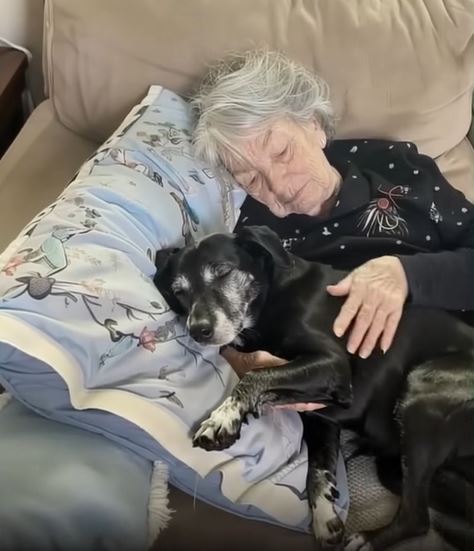Waking up bloated or passing gas at night can be frustrating, especially as we age. While gas is a natural part of digestion, excessive nighttime flatulence may have specific causes—and solutions.
Eating too close to bedtime is a big culprit. Large, rich meals take longer to break down, and lying down slows digestion even more, leading to gas buildup overnight. Swallowing air during the day—whether from sipping soda, chewing gum, or eating too quickly—can also result in nighttime gas.
Your gut health matters too. An imbalance in gut bacteria or undiagnosed food intolerances (like dairy or wheat) might be increasing gas production. Aging also affects digestion, making it slower and allowing more fermentation in the gut, which means more gas.
Your sleep position can help or worsen the problem. Lying flat on your back traps gas, while sleeping on your left side may help it move through your system more smoothly. If gas is frequent, painful, or accompanied by other symptoms, it’s worth seeing a doctor to rule out issues like IBS or GERD.
The good news? Small changes—like eating earlier, avoiding carbonated drinks, and adjusting sleep posture—can reduce nighttime gas and help you rest better.


